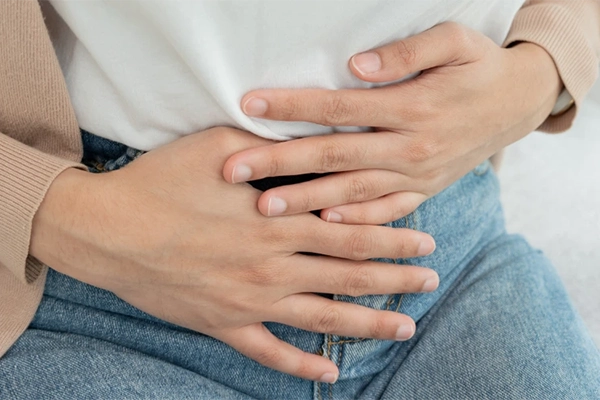Topics
Salt is a compound of sodium and chloride. Sodium is an essential mineral that maintains human health. This includes regulating electrolytes, fluids, nerves, and muscle function.

Salt intake and blood pressure
Studies have shown that high salt or sodium intake is associated with an increased risk of several chronic diseases like high blood pressure (hypertension), heart attack, stroke, and kidney failure.
A high sodium intake causes fluid retention in our body that leads to an increase in blood volume. When blood volume increases, it exerts pressure against the blood vessels, thus causing blood pressure to elevate.
High blood pressure is defined when:
- Systolic reading is > 140 mmHg, or
- Diastolic reading is > 90 mmHg, or both.
Unfortunately, many people are unaware they have hypertension, which is also known as a “silent killer”. Therefore, we need to pay attention to our salt intake in our daily diet.
Recommended salt intake in daily diet
According to the World Health Organisation (WHO), the recommended intake is less than 5 g of salt per day or less than 2000 mg sodium per day for an average adult.
This amount is equivalent to one teaspoon of salt (including hidden salt) per day. Hidden salt is usually listed on food packaging labels as sodium nitrate, sodium bicarbonate, and monosodium glutamate.
Tips to reduce daily salt intake
Here are some ways to reduce your dietary salt intake until you are used to eating food with lower salt quantity.
By doing so, the risk of hypertension that leads to other health concerns can be reduced.
- Avoid or limit the following products with high-sodium content:
- Ultra-processed food products like instant noodles, potato chips, salted eggs, fish, pickles, canned food, processed meat products like nuggets and sausages
- Flavour enhancers like monosodium glutamate (MSG), ready-made cooking pastes and pre-mix sauces
- Seasonings like soya sauce, oyster sauce, chilli sauce, tomato sauce, etc.
- Prioritise whole foods like fresh fruits, vegetables, and meat.
- Opt for natural flavour enhancers such as onion, garlic, turmeric, ginger, white/black pepper, spices, lemongrass, citrus, among others when you are cooking.
- Check food labels on packaging and always choose products with low sodium content.
- Reduce eating out and takeaways whenever possible or ssk for less sauce and gravy when you are eating out.
Make an appointment at Gleneagles Hospitals
Contact the team of dietitians at your nearest Gleneagles Hospital if you have questions about how to reduce salt intake and to get professional nutrition and dietary advice in your journey towards better health.
If you would like to make an appointment for health screening, please contact the health screening centre at the Gleneagles Hospital nearest to you.
References
- Salt reduction. Available at https://www.who.int/news-room/fact-sheets/detail/salt-reduction#:~:text=Salt%20intake%20of%20less%20than,reduction%20in%20high%20blood%20pressure [Accessed on 22 July 2022]
- Salt and Sodium. Available at https://www.hsph.harvard.edu/nutritionsource/salt-and-sodium/ [Accessed on 22 July 2022]
- High sodium food consumption pattern among Malaysian population. Available at https://jhpn.biomedcentral.com/articles/10.1186/s41043-021-00230-5 [Accessed on 2 August 2022]
- Report on reducing salt intake in Malaysia: An interim evaluation of what works. Available at https://www.who.int/malaysia/news/detail/15-01-2020-report-on-reducing-salt-intake-in-malaysia-an-interim-evaluation-of-what-works [Accessed on 2 August 2022]
- Choose and prepare foods with less salt and sauces. Available at https://www.moh.gov.my/moh/images/gallery/Garispanduan/diet/km9.pdf [Accessed on 2 August 2022]
- Salt Reduction Strategy to Prevent and Control NCD for Malaysia 2021-2025. Available at https://www.moh.gov.my/moh/resources/Penerbitan/Rujukan/NCD/Garam/Salt_Reduction_Strategy_To_Prevent_And_Control_NCD_For_Malaysia_2021-2025_26082021.pdf [Accessed on 2 August 2022]



.jpg?sfvrsn=279838a3_7)




